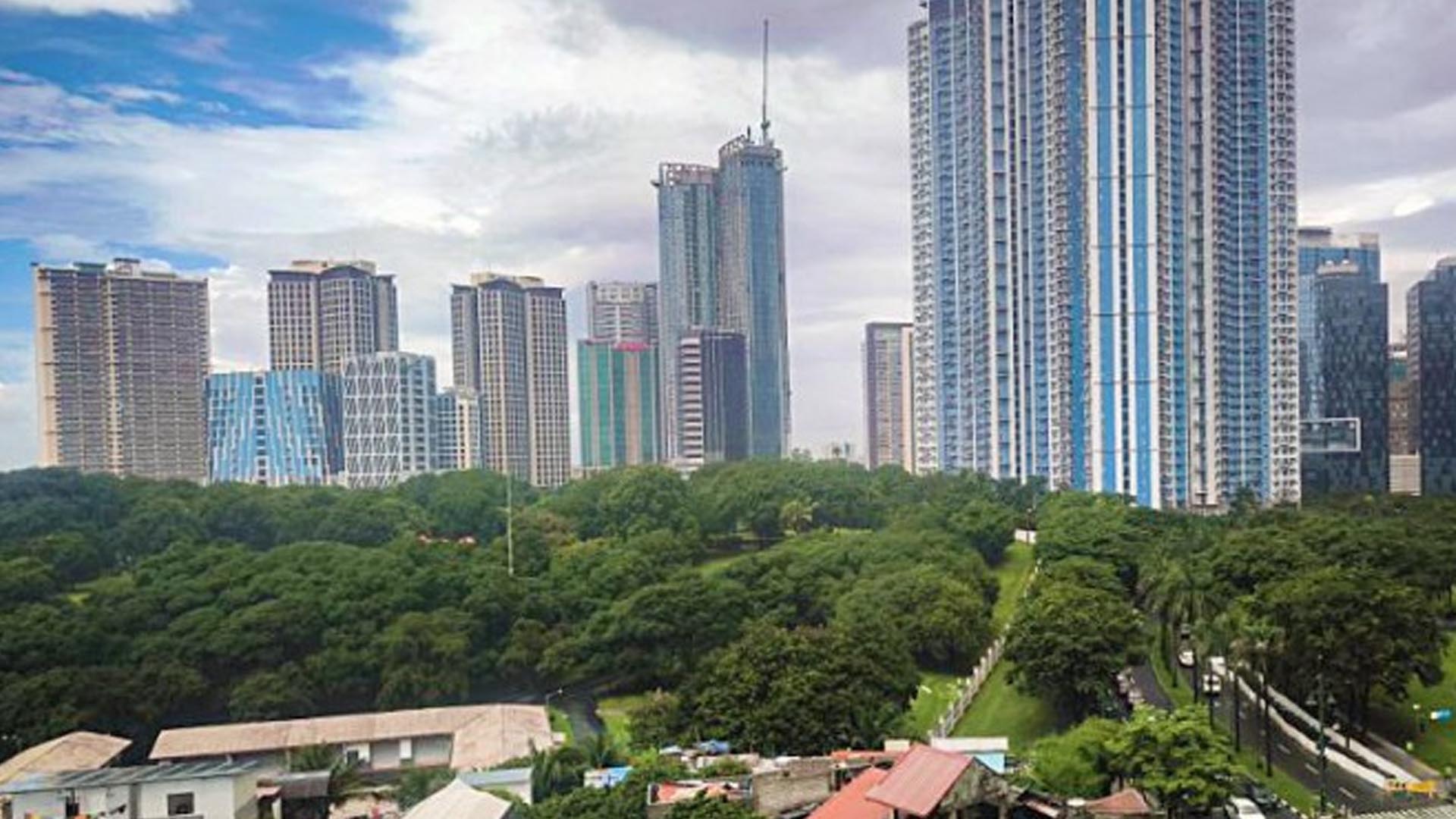The Philippines sustained its strong economic growth momentum and will likely become a USD2 trillion economy by 2050 barring external shocks, according to Department of Economy, Planning, and Development (DEPDev) Secretary Arsenio Balisacan.
Speaking at the Philippine Economic Dialogue in Milan, Italy, on Tuesday, Balisacan presented the country’s robust economic performance, investor-friendly policies, and long-term vision to European business leaders and financial stakeholders.
Balisacan highlighted the economy’s desirable market features, citing its USD392 billion economic size, remarkable progress as a rising middle-income country, and a population of 114 million with a median age of 27.
“At our current growth trajectory—and barring significant external shocks—we anticipate reaching a USD2 trillion economy by 2050,” he said.
Balisacan said the transformation of the economy will be driven by initiatives that foster new growth drivers while strengthening existing sectors, private sector participation, especially in infrastructure, and investments that generate lasting impact and shared prosperity.
He also mentioned the key policy advancements, such as the Philippines-Korea Free Trade Agreement, the Ease of Paying Taxes Act, the CREATE MORE Act, and the establishment of green lanes for strategic investments, along with measures to expedite infrastructure development and reduce the cost of doing business.
Balisacan invited investors to explore opportunities within the Luzon Economic Corridor, a government initiative that aims to boost trade and investment across the region.
“The Luzon Economic Corridor connects Subic, Clark, Manila, and Batangas through coordinated investments in logistics, energy, and infrastructure. This corridor supports key sectors, such as agribusiness, semiconductors, manufacturing, and finance — serving as a launchpad into Asian and global markets,” said Balisacan.
“Strong macroeconomic fundamentals, reform momentum, a skilled and young workforce, and a strategic location position the Philippines as your ideal partner of choice in Asia and globally. The right time is now. The right place is the Philippines,” Balisacan added.
The Philippine Economic Dialogue, conducted on the sidelines of the 58th Annual Meeting of the Board of Governors of the Asian Development Bank (ADB) in Milan, Italy was attended by around 90 participants from the European business and financial communities as well as delegates from the ADB Annual Meeting. (PNA)








